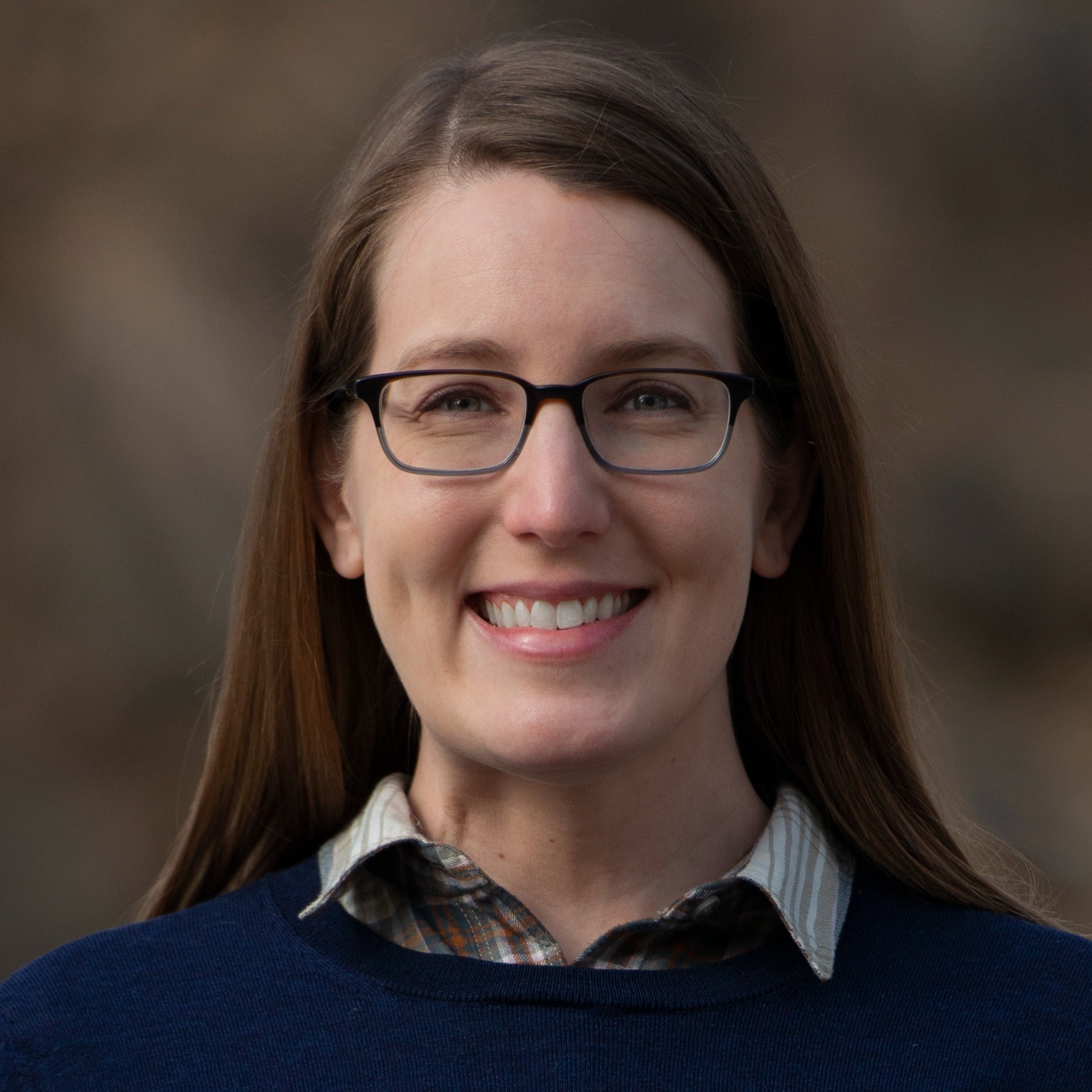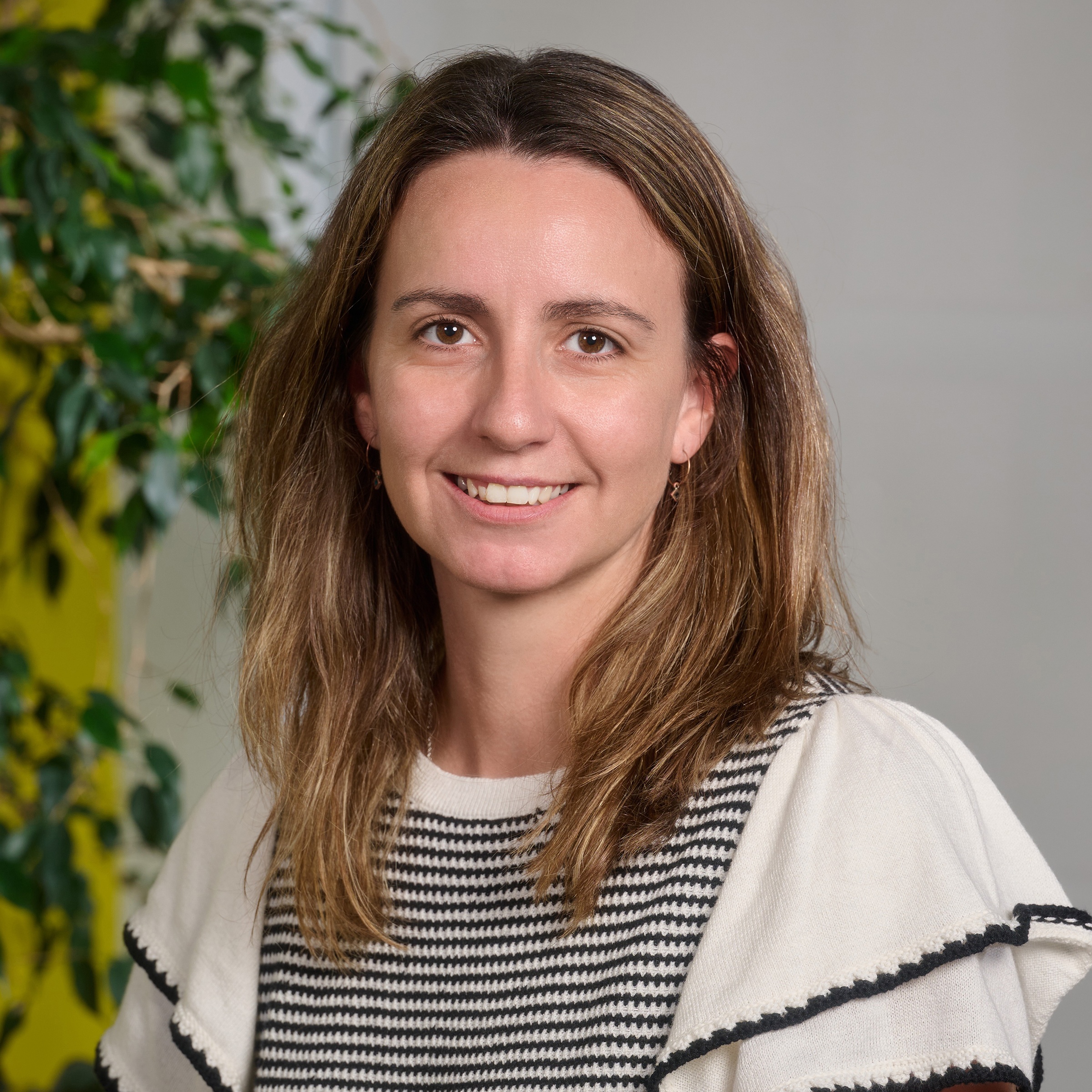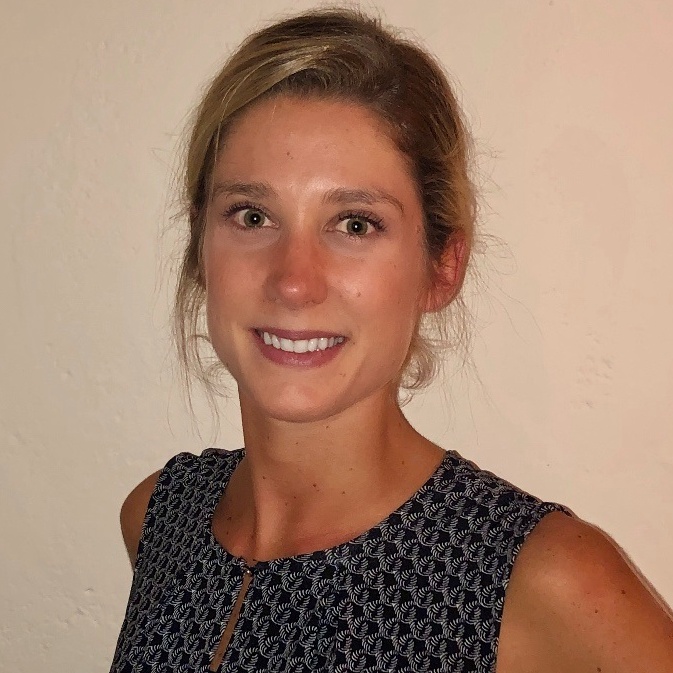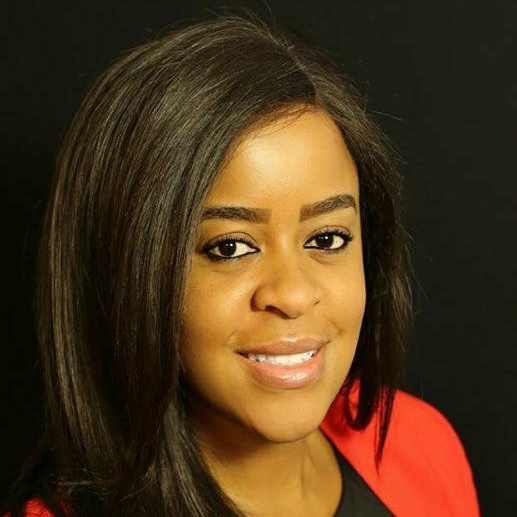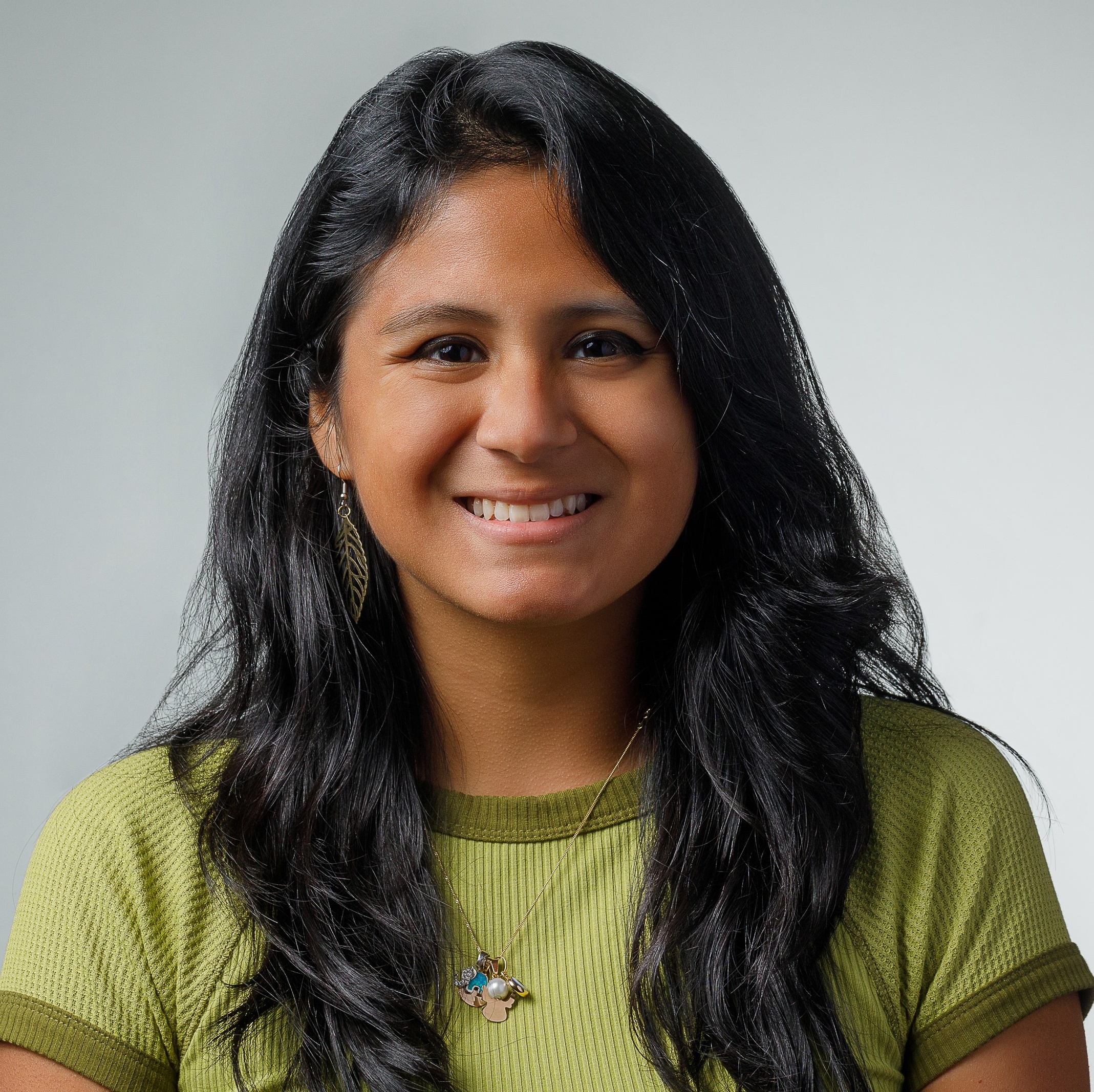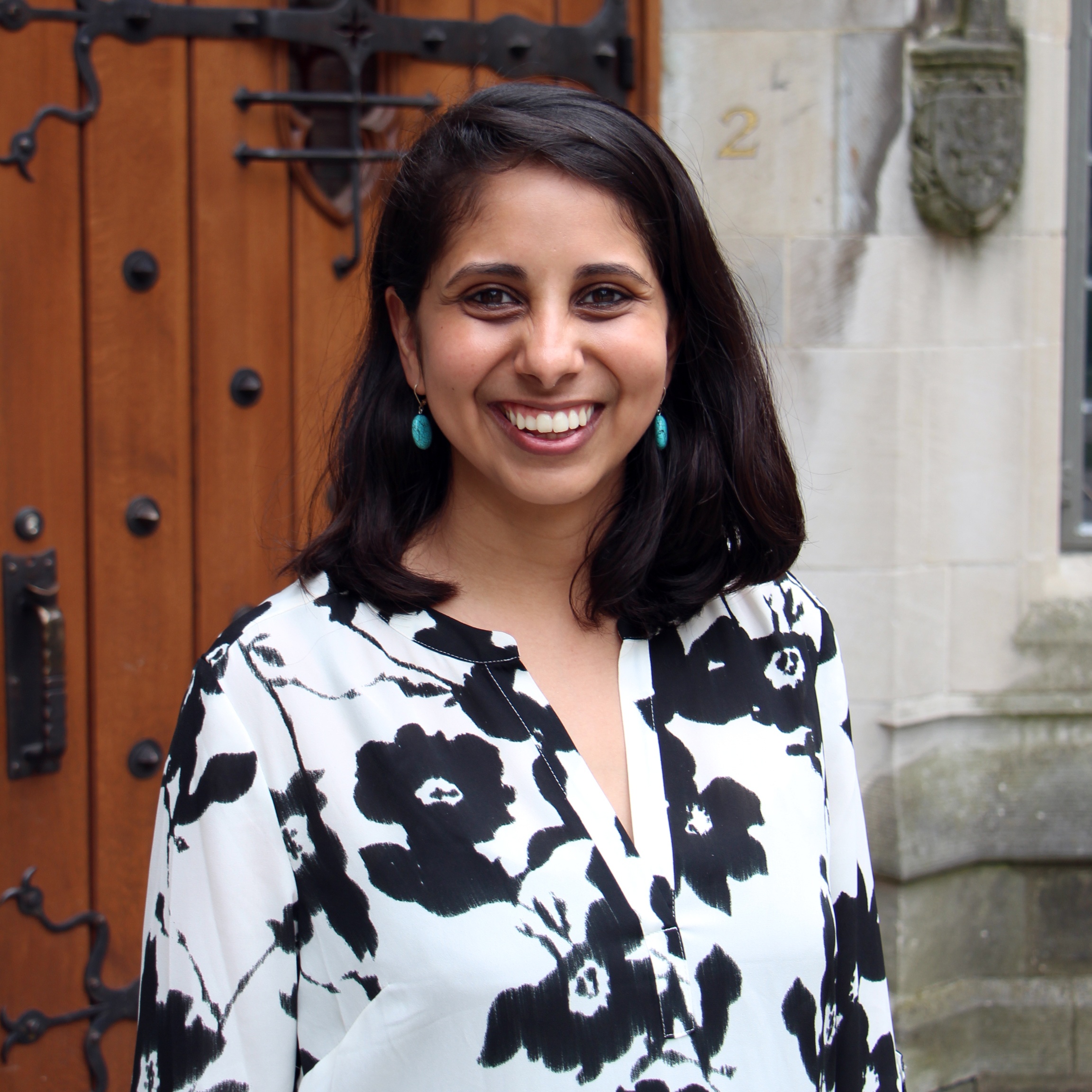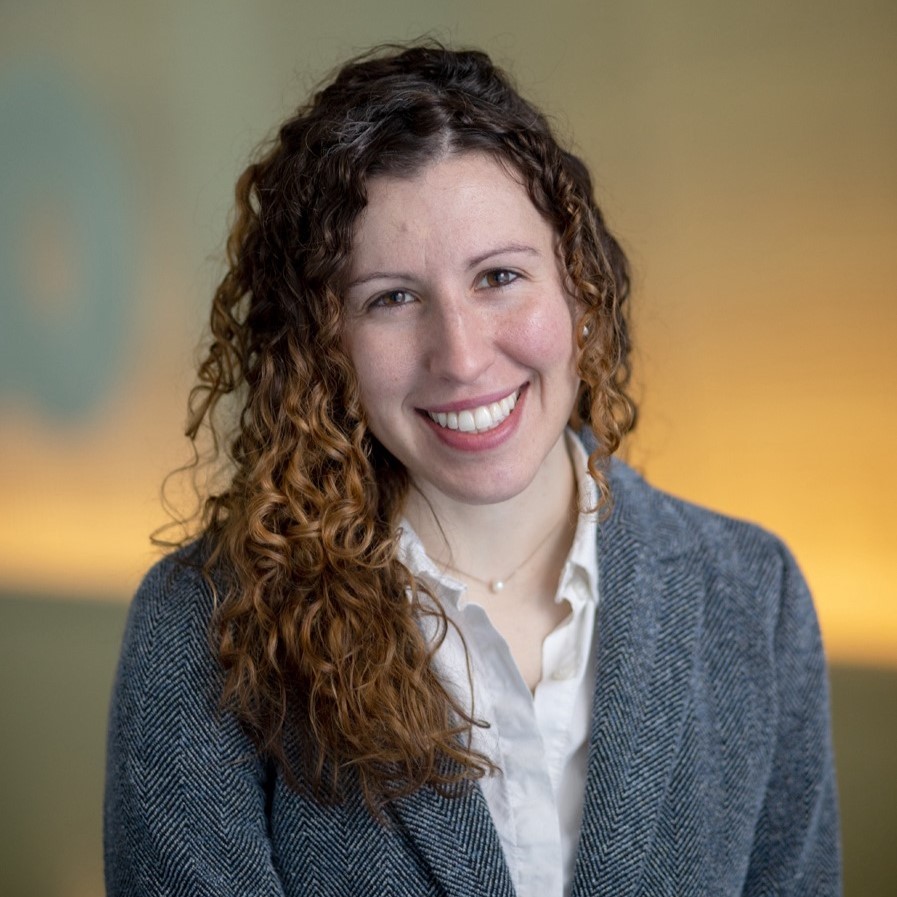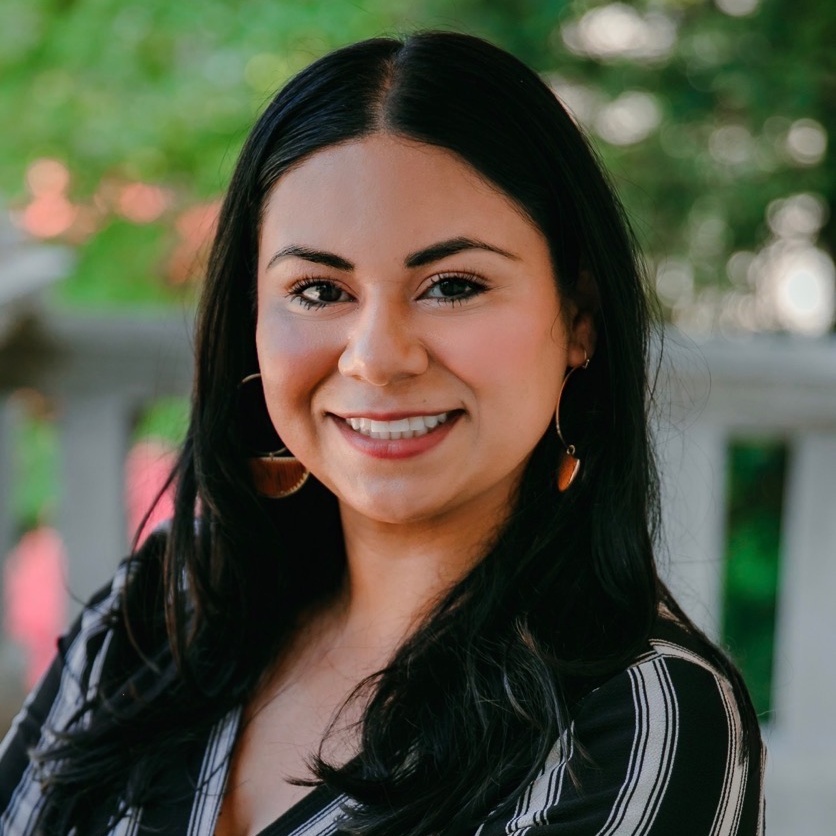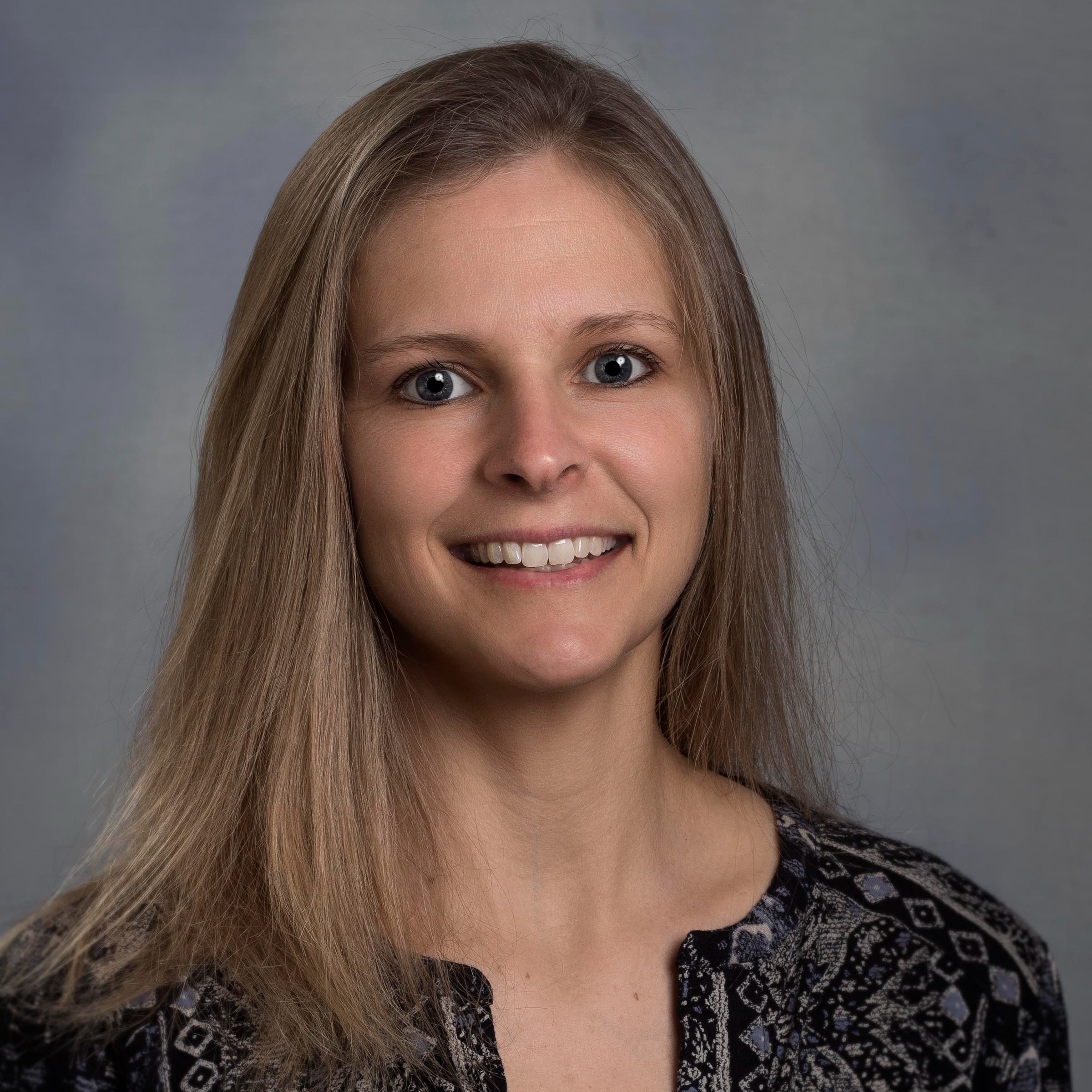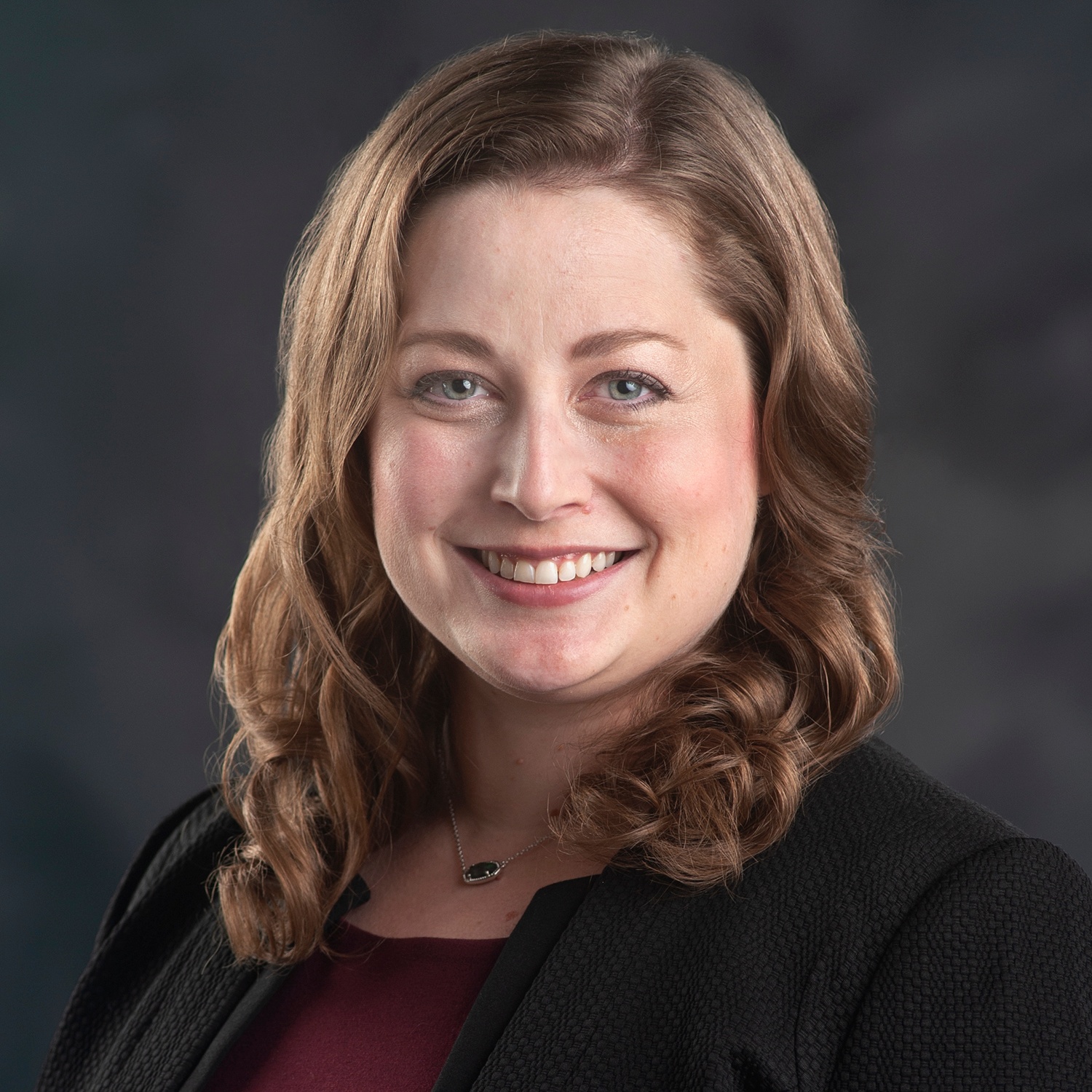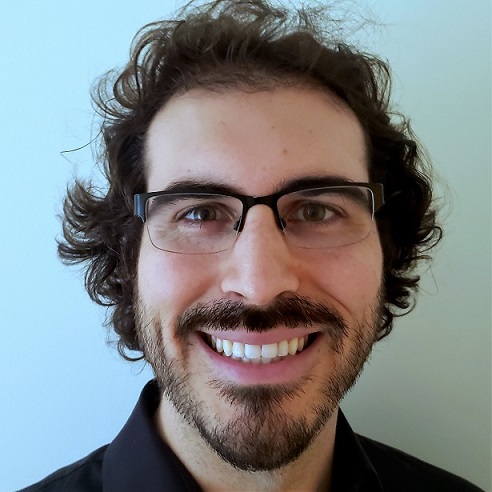Angela Calvin
Postdoctoral Researcher, Department of Pediatrics
University of Wisconsin-Madison
Dr. Calvin’s research examines digital media use and its relation to socioemotional well-being among adolescents with a particular attention to youth from low-socioeconomic backgrounds and sexual and gender minority youth. Dr. Calvin plans to use training from the IMMERSE fellowship to examine how adolescents from low-socioeconomic backgrounds differ in their patterns of social media interactions and whether these differences are associated with academic and socioemotional outcomes during the transition to high school.
Jimena Cosso
Assistant Professor, College of Education
Pennsylvania State University
Dr. Cosso’s research explores the home and school learning contexts that affect how young children develop and learn, with a particular focus on dual language learners (DLLs) from immigrant Latine communities. Dr. Cosso plans to use training from the IMMERSE fellowship to understand the diversity and heterogeneity within the Latine community by identifying and understanding DLL’s diverse backgrounds and improving current measures that are not culturally sensitive but are commonly used to make instructional decisions.
Samantha Coyle
Assistant Professor, Psychology Department
Montclair State University
Dr. Coyle’s research focuses on social and contextual influences on youth mental health. Dr. Coyle plans to use training from the IMMERSE fellowship to investigate racial and ethnic disparities in students’ school experiences, such as perceptions of school climate and safety and potential protective factors, such as supportive school relationships, in promoting more positive and equitable school experiences
Nneka Ibekwe-Okafor
Assistant Professor, African and African Diaspora Studies & Psychology
University of Texas at Austin
Dr. Ibekwe-Okafor’s research sits at the intersection of developmental science, early childhood education, and social policy where she investigates the social and environmental determinants of Black children’s early development (birth to 8) by examining how poverty, racial discrimination, structural inequalities, and protective factors across various ecological levels hinder or promote Black children’s optimal development. Dr. Ibekwe-Okafor plans to use training from the IMMERSE fellowship to explore Black children's exposure to quality early learning experiences by examining profiles of early care and education programs in predominantly Black communities.
Jerica Knox
Postdoctoral Fellow, National Center for School Mental Health
University of Maryland School of Medicine
Dr. Knox’s research focuses on advancing systems-level culturally responsive and trauma-informed practices and policies with a focus on readiness for professional development in these areas. Dr. Knox plans to use training from the IMMERSE fellowship to identify and examine profiles of readiness for equity, diversity, and inclusion learning among educators and school mental health professionals.
Melissa Lucas
Postdoctoral Associate, Yale Child Study Center
Yale School of Medicine
Dr. Lucas’s research explores how various aspects of schooling influence Latinx and multilingual children’s socioemotional development, with the goal of identifying and amplifying the strengths and assets in children, families, and schools that may buffer the deleterious academic, social, and psychological effects that children experience in response to bias and discrimination. Dr. Lucas plans to use training from the IMMERSE fellowship to explore perceptions of school climate and the use of socioemotional strategies among Black and Latinx students and their teachers.
Zitsi Mirakhur
Assistant Professor, College of Education
University of Kentucky
Dr. Mirakhur’s research focuses on understanding the ways in which we can generate more equitable school experiences and outcomes for K-12 students. Dr. Mirakhur plans to use training from the IMMERSE fellowship to extend research on persisting students, high school students who do not graduate in four years but remain enrolled, attempting to earn their diplomas.
Jill Rabinowitz
Assistant Scientist, Department of Mental Health
Johns Hopkins Bloomberg School of Public Health
Dr. Rabinowitz’s research focuses on understanding individual-level and contextual factors that influence educational outcomes and correlates particularly in historically marginalized populations. Dr. Rabinowitz plans to use training from the IMMERSE fellowship to explore person-centered approaches to identify subgroups that may benefit from various preventions and interventions aimed at improving youth academic achievement and mental health
Monica Romero
Assistant Professor, School Psychology
University of Texas at Austin
Dr. Romero’s research focuses on promoting positive academic outcomes for Latine newcomers through culturally and linguistically responsive interventions, assessments, and multi-tiered system of supports. Dr. Romero plans to use training from the IMMERSE fellowship to explore Spanish-speaking students’ oral language and literacy skills for students who are at risk for learning disabilities.
Angela Starrett
Research Associate, Child Development Research Center, College of Education
University of South Carolina
Dr. Starrett’s research interests focus on understanding how youth from rural communities adjust to various changes, challenges, and demands from early childhood through middle adolescence. Dr. Starrett plans to use training from the IMMERSE fellowship to examine risk and resilience factors in rural youth development and intra-child developmental variation.
Christa Winkler
Assistant Professor, Higher Education Leadership
Mississippi State University
Dr. Winkler research examines students’ educational experiences and outcomes during college. Dr. Winkler plans to use training from the IMMERSE fellowship to examine the complex and nuanced development of historically marginalized college students.
Matthew Zajic
Assistant Professor, Department of Health and Behavior Studies
Teachers College, Columbia University
Dr. Zajic’s research focuses on understanding and supporting the writing development of autistic individuals across the lifespan, with particular attention to theory, measurement and assessment, and instruction and intervention. Dr. Zajic plans to use training from the IMMERSE fellowship to explore heterogeneity within writing, literacy, academics, and neurodiversity by examining how linguistic, cognitive, and social demands of writing intersect with the diverse profiles and abilities of autistic individuals.
